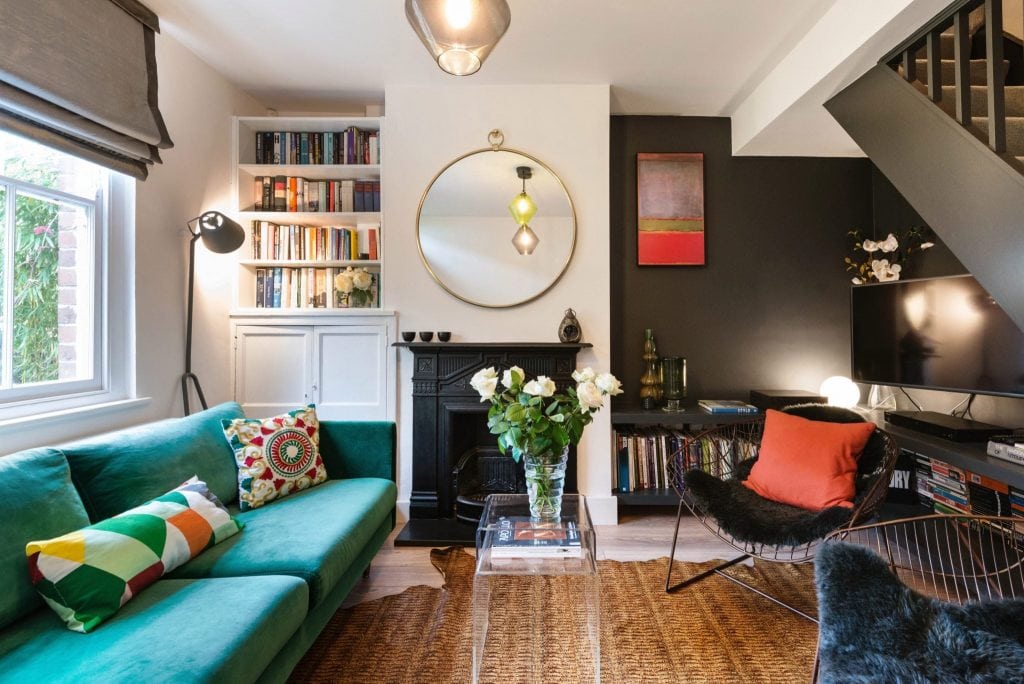Skift Take
Airbnb is clearly growing very fast. But before it goes public, it will have to sort out regulatory issues like the one it faces in the UK.
As a company incorporated in what some would call the onshore tax haven of Delaware in the U.S., privately held Airbnb doesn’t have to say much publicly about the state of its business.
Beyond the usual mix of guesswork and leaks, it’s tough to decipher exactly what is going on behind the scenes, even as speculation increases that Airbnb will soon pursue an initial public offering.
One of the few glimpses we get comes in the form of accounts published in the UK, where companies are required to file with government business registrar Companies House, and where private companies must offer up more information than they do in the U.S.
Airbnb’s UK accounts are different than those from many other travel companies with the it using a web of entities that—inadvertent or otherwise—mask the true size of its business.
In the UK, Airbnb has two businesses: Airbnb UK Ltd and Airbnb Payments UK Ltd. Both recently filed accounts for calendar year 2017.
Airbnb UK’s main purpose is “promoting the Airbnb online marketplace.”
Airbnb Payments UK Ltd is the more interesting business. Its principal activity was “payment processing conducted on behalf of Airbnb Ireland UC” and it takes care of business in all markets outside of the United States, China and India.
(Sadly, Irish law means that Airbnb Ireland doesn’t need to file accounts as it is an “unlimited company.”)
We’ve taken a close look at these accounts and found a number of points worth highlighting.
UK Tax INquiry
Perhaps the biggest revelation— but one that is simultaneously not shocking at all—is that UK tax authorities (Her Majesty’s Revenue and Customs, or HMRC ) are taking a close look at Airbnb UK.
The company disclosed that authorities had “contacted the company regarding the application of tax laws or regulations impacting the company’s business. The company is also subject to tax inquiries and proceedings concerning its operations and intracompany transactions. Some of these matters may result in litigation.”
Regulatory problems are perhaps the biggest area of concern for the company ahead of any IPO. In markets such as Paris, New York, Amsterdam and Barcelona, local politicians and other pressure groups are looking to prohibit or at least contain homesharing platforms such as Airbnb.
Airbnb said in a statement: “As with many other companies, these are routine checks and we are working closely with HMRC.”
HMRC declined to comment.
Accomable
Airbnb confirmed a deal to buy accessible travel start-up Accomable a year ago but declined to say how much it paid.
Well, according to the accounts, Airbnb UK Ltd forked out $2 million (£1.52 million) for the company.
As planned, Airbnb eventually wound down Accomable, putting it into liquidation in September, 2018.
Profits and Revenue
If a company files accounts then it must show profits, right? Well, yes, but with these two companies, profits aren’t a useful metric for looking at how Airbnb as a whole is doing. That’s because revenue generated at Airbnb UK and Airbnb Payments UK comes from elsewhere in the Airbnb corporate empire.
Airbnb Ireland pays Airbnb Payments UK for “payments processing and cash collection activities,” while Airbnb UK gets its revenue from “services provided to the parent company under the services arrangement in place.”
Airbnb UK made a pre-tax profit of $772,000 (£590,662). Airbnb Payments UK earned $2 million (£1.5 million.)
Revenue at Airbnb Payments UK increased 44 percent to $369 million (£280.6 million). Revenue at Airbnb UK fell 83 percent to $16 million (£12.1 million.) The decline was down to the company no longer offering cash collection on behalf of Airbnb Ireland (presumably Airbnb Payments UK is now fulfilling this role.)
Growth
Even though profits and revenue in the traditional sense are nearly impossible to accurately measure, we can make an educated guess about how fast the business is growing.
Airbnb Payments UK collects a lot of cash on behalf of Airbnb Ireland and in doing so incurs considerable costs for processing credit and debit card payments, these are known as “merchant fees.” These merchant fees represent a small percentage of any payment.
Airbnb payments recorded costs of $373 million (£285 million) of which “the greatest category was merchant fees paid to payment processors.” The same was true in the 2016 accounts, which means by looking at the percentage difference we can guess at the company’s overall growth.
In 2016, Airbnb Payments UK’s costs were $257 million (£196 million). So in a year they have increased 45 percent.
If the costs have increased 45 percent, and these costs are mostly made up of merchant fees — which remember Airbnb pays every time a credit or debit card transaction takes place — does this mean revenue has increased by the same amount? Maybe, maybe not (after all, we’ve had to make a lot of assumptions.) But what is interesting is that the figure of 45 percent is pretty close to the gross bookings and revenue year-on-year increase estimates found in Skift Research’s latest Airbnb report (46 percent and 53 percent respectively.)
Taxes
As we’ve already said, these sets of accounts aren’t particularly useful in telling us how profitable Airbnb is in the UK (or even much of the world, given Airbnb Payments UK’s wider remit).
They do, however, tell us exactly how much both companies paid in tax in 2017. Airbnb UK had a tax charge of $498,000 (£379,075) and Airbnb Payments UK paid corporation tax worth $372,000 (£282,899).
Dwell Newsletter
Get breaking news, analysis and data from the week’s most important stories about short-term rentals, vacation rentals, housing, and real estate.
Have a confidential tip for Skift? Get in touch
Tags: airbnb
Photo credit: A living room in an Airbnb property. The company is growing at a considerable rate. Airbnb
